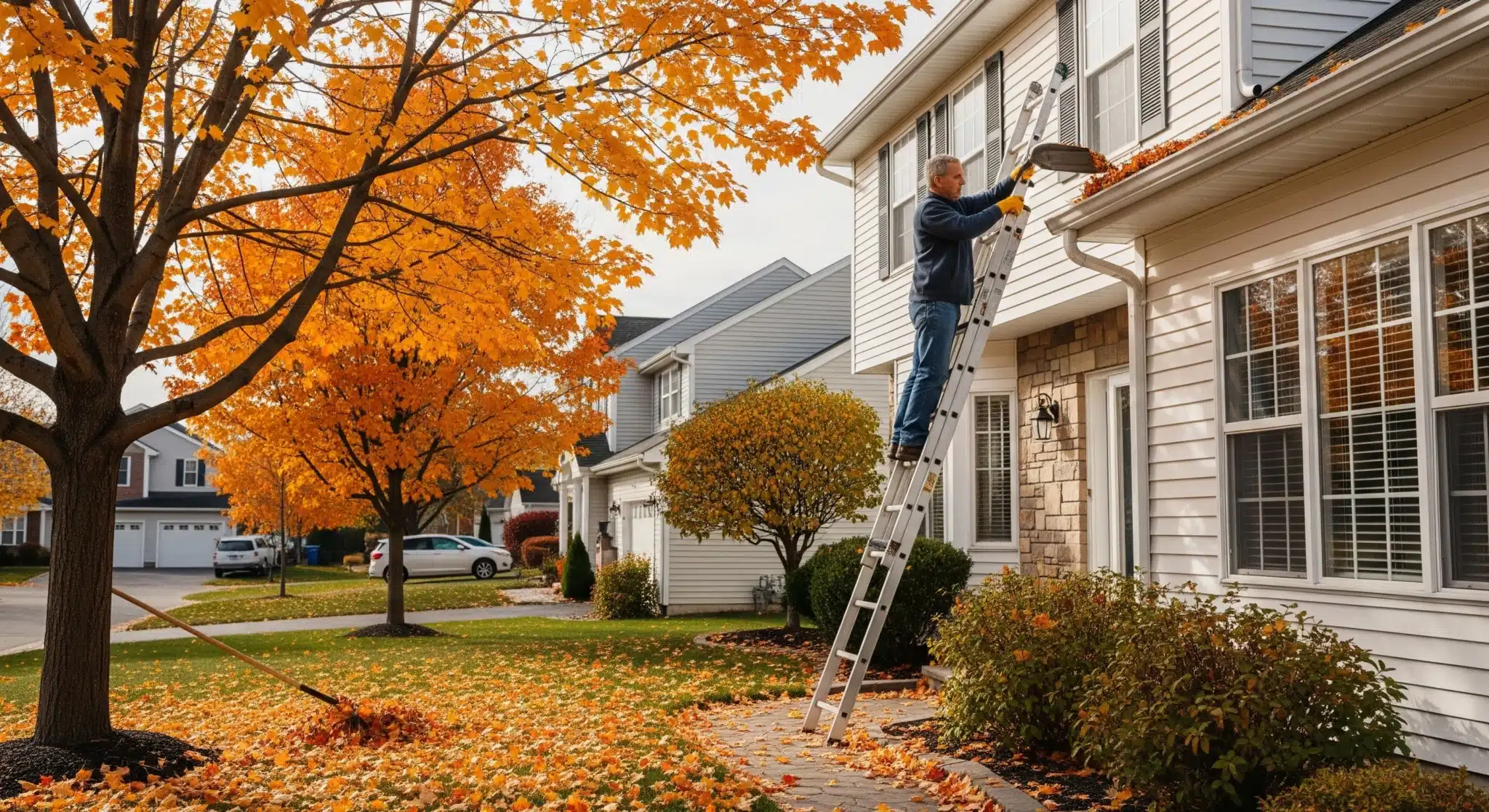
Protect Your Home This Winter: Tips to Avoid Blocked Drains
As winter settles over Sydney, our plumbing systems face greater pressure than usual. Heavy rainfall, increased indoor water use, and lower temperatures all combine to create the perfect storm for blocked drains, blocked sewers, and other emergency plumbing issues. These aren’t just inconvenient they can damage your property, create health hazards, and lead to costly repairs.
Fortunately, with proactive care and a bit of plumbing knowledge, you can prevent winter plumbing disasters before they start. Here’s how to keep your drainage system running smoothly all season long.
Why Winter Increases the Risk of Blocked Drains
Your plumbing faces unique challenges in winter that increase the likelihood of blockages and sewer problems:
- Fallen leaves and outdoor debris can clog gutters and stormwater drains.
- Cold temperatures cause fats, oils, and grease (FOG) to solidify in pipes, forming blockages.
- More indoor water use from long hot showers, cooking, and laundry puts extra strain on your drainage system.
When these elements combine, even small plumbing vulnerabilities can escalate into serious problems. A single blocked drain can quickly lead to backups, overflows, foul smells, or even blocked sewers, which pose significant health risks.
1. Regularly Clear Outdoor Drains and Gutters
Clogged gutters and storm drains are one of the most common causes of winter drainage issues. As leaves, sticks, and other debris build up, water can no longer flow freely through the system.
Be proactive:
- Clean your gutters and downpipes at the start of winter and after major storms.
- Clear yard grates and driveway drains of leaves and garden waste.
- Install drain guards or gutter mesh to prevent future buildup.
This simple seasonal maintenance step can go a long way in protecting your home from internal and external water damage.
2. Dispose of Grease Properly
In winter, grease and oils from cooking cool more rapidly and solidify in your pipes. Once hardened, these substances act like glue, catching other debris and eventually causing full blockages.
Avoid this common mistake:
- Never pour oil, fat, or food scraps down the sink.
- Use a sealable container to dispose of grease in the bin.
- Wipe pans and dishes with paper towels before rinsing them.
Proper grease disposal is one of the easiest ways to prevent a blocked drain in the kitchen—and it also extends the life of your plumbing system.
3. Install a Drain Strainer
Drain strainers may be small, but they’re mighty when it comes to prevention. These simple mesh covers can catch hair, soap scum, food particles, and other solids before they enter your pipes.
Use strainers in:
- Bathroom sinks and showers to catch hair and soap residue
- Kitchen sinks to trap food scraps
- Laundry drains to collect lint and debris
For just a few dollars, drain strainers can save you hundreds in emergency plumbing costs this winter.
4. Be Mindful of What You Flush
Toilets and sewer pipes are designed to handle only human waste and toilet paper. Unfortunately, many products labelled “flushable” are anything but.
Avoid flushing:
- Wipes (even flushable ones)
- Tissues and paper towels
- Feminine hygiene products
- Cotton pads or swabs
- Dental floss
Flushing these items often leads to blocked sewers, which are costly, messy, and hazardous. When in doubt bin it, don’t flush it.
5. Schedule Preventive Drain Cleaning
While DIY maintenance is great, nothing beats a professional inspection to keep your plumbing in top shape especially before winter gets fully underway.
At SE Plumbing, our licensed technicians offer:
- CCTV drain camera inspections to locate hidden issues
- High-pressure water jetting to clear buildup and blockages
- Expert advice to help you prevent future problems
This type of proactive maintenance reduces the risk of emergency plumbing services being needed at the worst possible time.
6. Know the Warning Signs of a Blockage
The earlier you spot a plumbing issue, the easier (and cheaper) it is to resolve. Keep an eye and ear out for these red flags:
- Slow drainage in sinks, tubs, or showers
- Gurgling noises from plugholes or toilets
- Foul odours near floor drains or kitchen sinks
- Water backing up in showers or toilets
These symptoms often indicate a partial blockage forming somewhere in your drainage system. Left untreated, it could escalate into a total obstruction or even a sewer overflow. Act quickly to protect your property and health.
7. Call in the Experts Before It’s an Emergency
Sometimes, despite your best efforts, plumbing problems happen. When they do, it’s essential to act fast to prevent further damage.
SE Plumbing offers fast, 24/7 emergency plumbing services across Sydney. Whether you’re dealing with a persistent blockage or a sudden overflow, our expert team arrives equipped with the latest tools and technology to restore your system quickly and safely.
If you’re currently experiencing drainage problems or just want to be proactive visit our Blocked Drains page to learn more about how we can help.
Final Thoughts
Don’t let blocked drains ruin your winter. A few simple habits, regular maintenance, and knowing when to call in the pros can make all the difference. Whether you’re tackling garden debris, stubborn grease, or unexpected sewer issues, SE Plumbing is here to support you with trusted service and expert advice.This winter, take control of your plumbing and enjoy peace of mind knowing your home is protected from the costly chaos of blocked drains, blocked sewers, and unexpected emergency plumbing issues.



